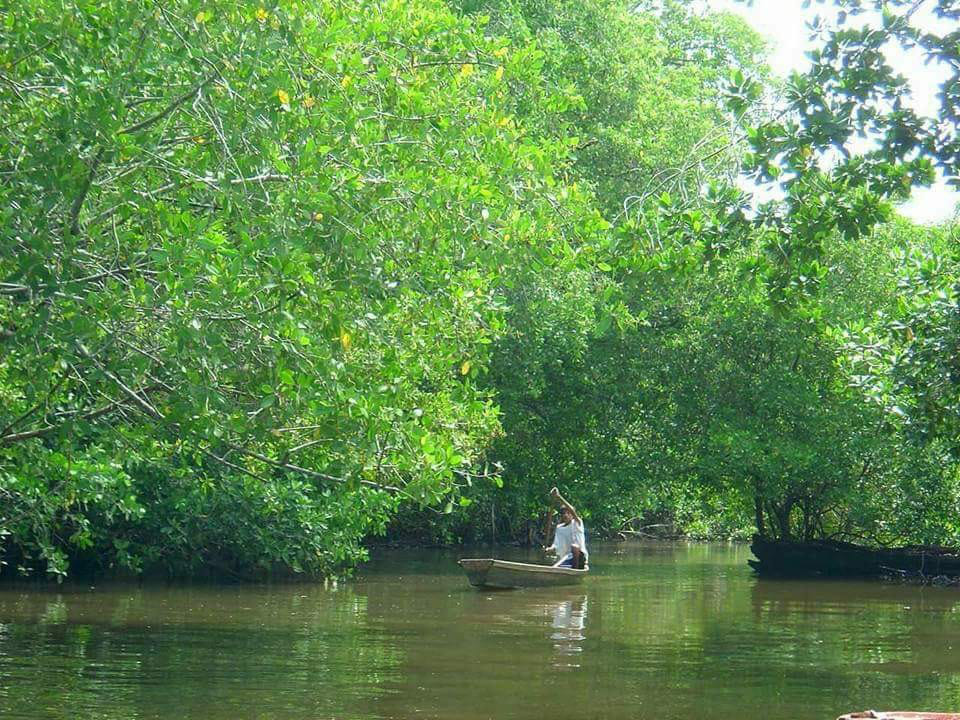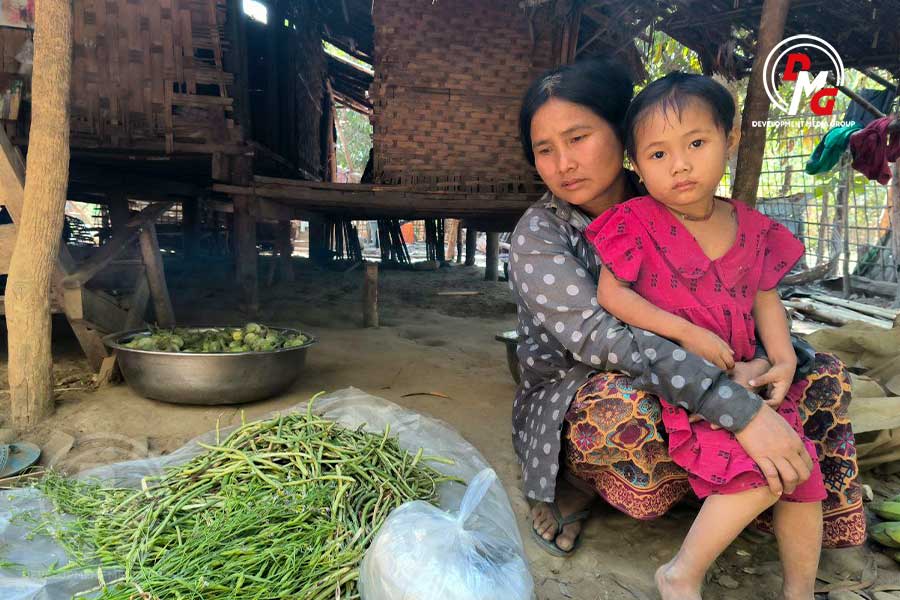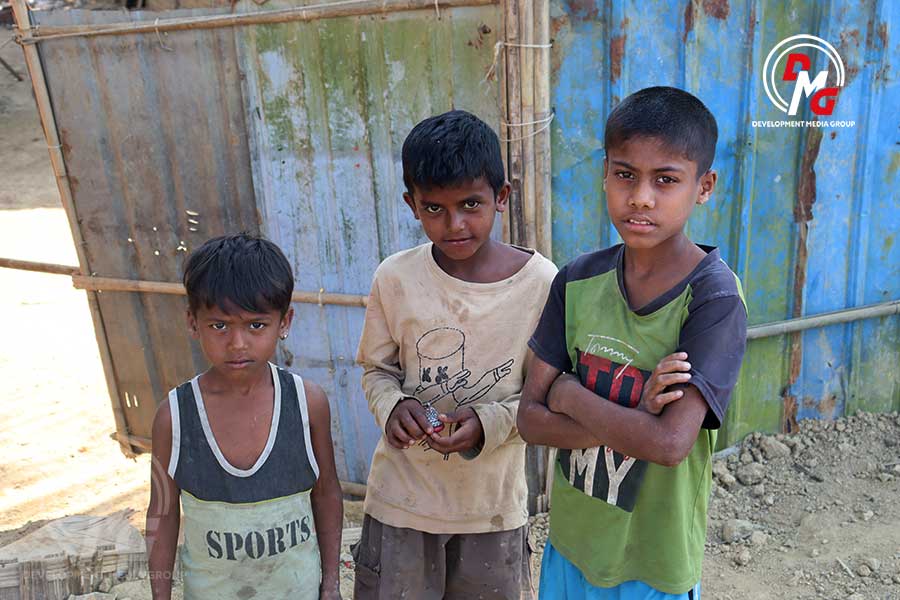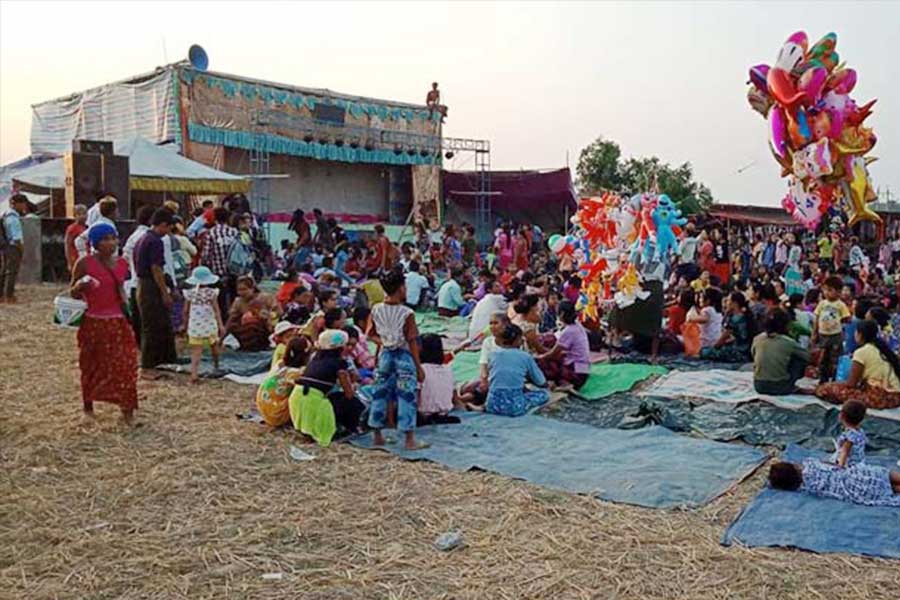- Free schools for IDP children in Arakan State struggle to stay open amid funding shortfall
- Female-headed IDP households in Ponnagyun Twsp struggle as commodity prices surge
- Min Aung Hlaing likely to take State Counsellor role in post-election government formation: Analysts
- Hindus express hope for educational reform under AA administration
- Arakanese zat pwe performers struggle to survive as conflict halts traditional shows
Mangrove deforestation in four coastal Arakan townships rises to 79%: conservationists
Mangrove deforestation in four coastal Arakan State townships — Kyaukphyu, Taungup, Ann and Myebon — has risen to 79%, according to mangrove conservation groups in Arakan State.
26 Aug 2021

DMG Newsroom
26 August 2021, Sittwe
Mangrove deforestation in four coastal Arakan State townships — Kyaukphyu, Taungup, Ann and Myebon — has risen to 79%, according to mangrove conservation groups in Arakan State.
Ko Myo Lwin, a mangrove conservationist in Ann Township, said the destruction of mangroves was largely attributed to the digging of prawn farms and salt fields, and small-scale deforestation.
“Our fieldwork and GPS studies show that 79% of the mangroves in Arakan State are damaged. About 62% of the mangroves are depleted due to the digging of prawn farms and salt fields. About 17% of the mangroves are destroyed by people cutting firewood and producing charcoal for commercial use,” he explained.
More than 28,600 acres of mangrove forests are being conserved in the four townships as part of self-reliant mangrove protection efforts, according to mangrove conservationists.
Only 100,000 mangrove trees have been planted on a self-reliant basis due to ongoing Covid-19 pandemic, while plans are afoot to continue planting them.
Ko Khin Maung Shwe, a mangrove conservationist in Kyaukphyu Township, said the construction of shrimp and fish ponds has benefited the respective fisheries, and that the government needs to take action to prevent further mangrove depletion.
“There are people who dig their own ponds for farming fish, shrimp and crab, and there are people who pay taxes to the government for digging ponds. It is not convenient to allow an individual to work for the benefit of nature in one’s community. Therefore, it is necessary for the government to ban the digging of individual ponds so that they can be used by the public. The government also needs to take effective action against those who cut down trees,” he said.
Locals say the construction of breeding ponds has also made it difficult for private shrimp hunters to find food.

















.jpg)